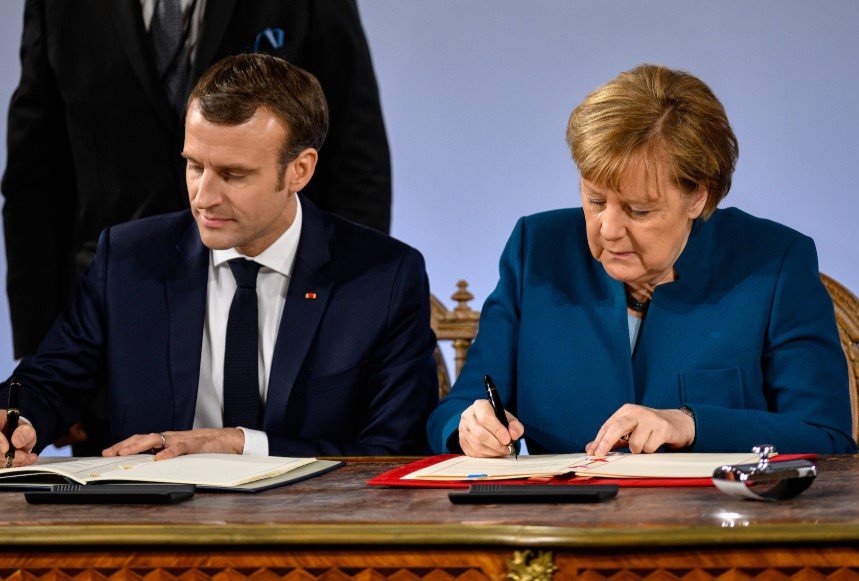Spain has taken a bold step by banning ships and aircraft carrying weapons to Israel from using its ports or airspace. This move, announced on September 8, 2025, comes amid growing tensions over Israel’s military actions in Gaza, with Prime Minister Pedro Sanchez citing the need to stop what he calls a genocide.
The decision reflects Spain’s strong stance against the ongoing conflict, which has drawn international criticism. Sanchez made the announcement during a press conference, emphasizing Spain’s commitment to peace and human rights.
Background on Spain’s Decision
Spain’s government has been vocal about its disapproval of Israel’s operations in Gaza since the conflict escalated in October 2023. The ban extends an existing arms embargo that Spain put in place informally two years ago.
Officials say the measure aims to prevent any contribution to the violence that has claimed thousands of lives. Sanchez described the Gaza situation as the extermination of a defenseless people, pushing for global action to end the crisis.
This is not Spain’s first action. In May 2024, Spain recognized Palestine as a state, joining other European nations in a push for a two-state solution.
The ban specifically targets vessels and planes transporting weapons or fuel for Israel’s armed forces. It builds on earlier steps, like halting arms export licenses, to pressure for a ceasefire.

Key Measures in the Ban
Spain’s new policy includes several strict rules to enforce the embargo.
- No docking for ships carrying arms or military fuel to Israel at any Spanish port.
- Ban on aircraft with weapons or ammunition entering Spanish airspace.
- Prohibition on products from illegal Israeli settlements entering Spain.
- Increased funding for UN agencies aiding Palestinian refugees.
These steps show Spain’s intent to isolate support for Israel’s military efforts. The government also plans to pass a law making the arms embargo permanent.
| Measure | Description | Effective Date |
|---|---|---|
| Port Ban | Ships with weapons or fuel for Israel cannot dock | Immediate, September 8, 2025 |
| Airspace Restriction | Planes carrying arms barred from Spanish skies | Immediate, September 8, 2025 |
| Settlement Goods Embargo | Ban on imports from occupied territories | To be implemented soon |
| UNRWA Funding Boost | Extra aid for Palestinian relief | Announced September 8, 2025 |
This table outlines the core elements of Spain’s policy shift.
Israel’s Strong Response
Israel quickly condemned the ban, with Foreign Minister Gideon Saar calling it antisemitic. He accused Sanchez of using the measures to distract from domestic issues, like corruption scandals in Spain.
In retaliation, Israel banned two Spanish ministers from entering the country. These include Deputy Prime Minister Yolanda Diaz and Youth Minister Sira Rego, both from the left-wing Sumar party.
Saar linked the decision to broader anti-Israel sentiment, vowing to sanction Spanish groups he sees as supportive of terrorism. This has heightened diplomatic friction between the two nations.
Spain responded by recalling its ambassador from Tel Aviv for consultations. The foreign ministry rejected Israel’s claims, stressing that the ban aligns with international law and public opinion in Spain.
Impact on the Gaza Conflict
The Gaza war, now in its second year, has led to over 40,000 Palestinian deaths, according to health officials. Israel’s operations aim to dismantle Hamas after the group’s October 2023 attack that killed about 1,200 Israelis.
Spain’s ban could inspire other countries to follow suit. Nations like Belgium and Italy have already limited arms sales to Israel, signaling a shift in European policy.
However, experts say the practical impact might be limited since most arms to Israel come from the US. Still, it adds symbolic pressure and highlights divisions in global responses to the conflict.
Recent events, such as a deadly attack in East Jerusalem that killed six people, have complicated peace efforts. Spain condemned the violence while urging all sides to seek dialogue.
The ban ties into broader calls for accountability, including ongoing cases at the International Court of Justice accusing Israel of genocide.
Global Reactions and Future Outlook
Reactions worldwide vary. Palestinian groups praised Spain’s move as a step toward justice, while some US allies criticized it as one-sided.
In Europe, leaders like Ireland’s prime minister have expressed support, hinting at possible similar actions. This could strain EU-Israel relations, already tense over trade and human rights.
Looking ahead, Spain plans to boost diplomatic efforts for a ceasefire. Sanchez called for international cooperation to pursue perpetrators of violence and support Palestinian statehood.
The decision reflects shifting public sentiment, with protests in Spain demanding an end to the Gaza offensive. It may influence upcoming UN discussions on the Middle East.
What do you think about Spain’s ban? Share your views in the comments and spread the word to keep the conversation going.
